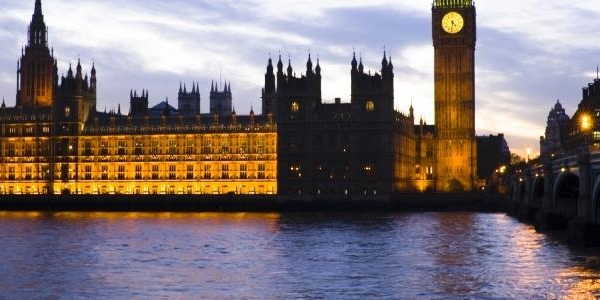Government’s controversial Counter-Extremism Strategy published
Religious Liberty
Today, the Government revealed its long-awaited Counter-Extremism Strategy. The far-reaching strategy has been subject to widespread criticism and concern from Christians and non-Christians alike, so what are we to make of it?
With the broad aim of tackling extremism, the Government identifies four areas of focus:
- Countering extremism
- Building a partnership with all those opposed to extremism
- Disrupting extremists
- Building cohesive communities
As the Strategy identifies, “the overriding purpose of this strategy is to protect people from the harm caused by extremism”. This sounds positive, but scratch beneath the surface and things are not so clear cut.
CARE and many other organisations from other faiths and of no faith at all, have considerable concerns about the unintended consequences of an approach which at present is very poorly defined.
In the foreword to the Strategy, the Prime Minister highlights Britain’s success as being “...underpinned by our distinct, British values”. The Government’s 2011 Prevent Strategy defined mainstream British values as “democracy, rule of law, equality of opportunity, freedom of speech and the rights of all men and women to live free from persecution of any kind.” The Government’s definition of extremism is drawn from this and is described in the same document as “the active opposition to fundamental British values, including democracy, the rule of law, individual liberty and the mutual respect and tolerance of different faiths and beliefs.”
This sounds reasonable enough, but is also extraordinarily subjective. Additionally, the Government seems institutionally forgetful of the fact that principles such as the rule of law are drawn from our Judaeo-Christian heritage; looking to this framework is surely necessary in order to even begin defining British values.
On one hand, the Strategy seems to nullify some of the concerns which CARE and others have expressed about the impact of Extremism Disruption Orders (EDOs). The Strategy is clear, for example, on the need for “strong safeguards” and that “powers will not be able to be used against privately held views or people expressing their religious beliefs.” However, with such broad definitions of extremism and British values underpinning the entire Strategy it is difficult to have any confidence that even “strong safeguards” will be sufficient. The devil, as they say, will be in the detail – i.e. what appears on the face of the forthcoming Bill and what is contained in the guidance which accompanies it. Ultimately, EDOs represent a tangible threat to the freedom of speech we are accustomed to which is already under threat for many Christians and those of other faiths who this Strategy is not intended to capture.
There are likely to be considerable problems too for charities. As trailed in the Telegraph in late September, the Strategy outlines the Government’s intention to furnish the Charities Commission with new powers to “disqualify a trustee for wider reasons, including where their conduct – past or present – would damage the public’s trust and confidence in charities.” This new power – which is not fully described – poses considerable potential problems for many charities, including churches. The fact that the power can also be applied retrospectively is a particular concern.
We haven’t even touched upon the implications the Strategy may have for education and faith schools in particular amongst other things.
With such opportunity for future (re-)interpretation, manipulation and application, the Counter-Extremism Strategy – though containing many well-meaning measures – raises a myriad of potential concerns for Christians and other faith groups. With tongue firmly in cheek, Giles Fraser notes that under this Government, “Jesus would have been done for extremism”.
In failing to be specific about the application of new powers and naive about the potential for pressure to see the powers applied to wider groups, the Government is playing a dangerous game. Even if the Government does not have Christians squarely in mind in the drafting of the Strategy, it is unavoidable that Christians will be caught up in the implementation of the Strategy further down the line. The Government needs to take heed.





Share story
Government’s controversial Counter-Extremism Strategy published